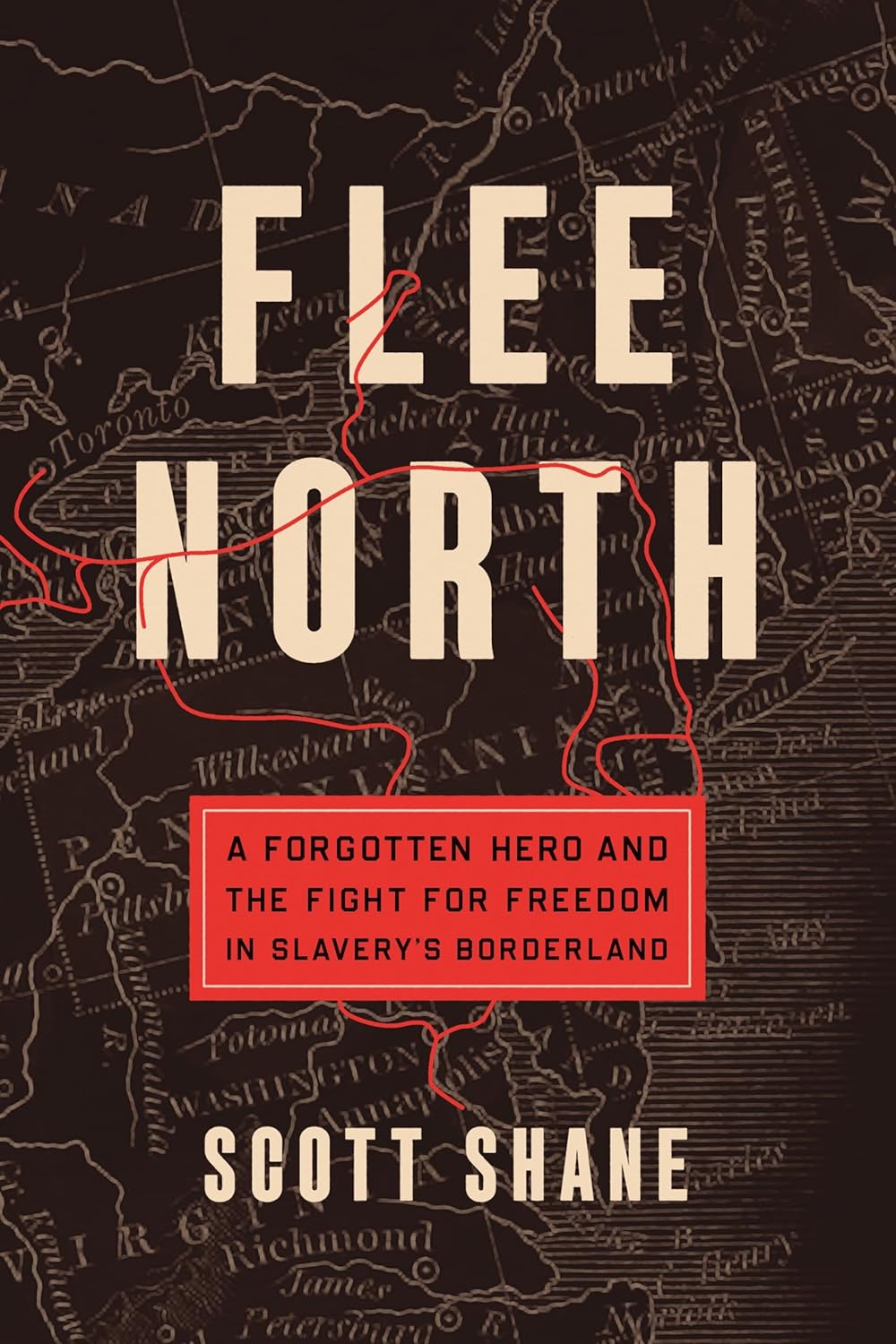Summary | Excerpt | Reviews | Beyond the Book | Readalikes | Genres & Themes | Author Bio

A Forgotten Hero and the Fight for Freedom in Slavery's Borderland
by Scott Shane
When an antislavery activist heard the terrible story and visited her, Williams told him she had come to regret leaping—not because of her injuries, but because the slave trader had sold both of her children. "I was so confused and 'istracted, that I didn't know hardly what I was about," Williams said, "but I didn't want to go, and I jumped out of the window;—but I am sorry now that I did it;—they have carried my children off with 'em to Carolina." She did not know, and would likely never find out, where exactly they had been taken. Both events, the woman's leap and her children's forced removal, were the talk of Bladensburg and surely reached fourteen-year-old Smallwood.
The activist who recorded Williams's story, Jesse Torrey (no relation to Charles Torrey), learned that such wrenching episodes, and worse, were anything but rare in the daily life of a slave society. In the months before his visit, a woman sold in Bladensburg cut the throat of her child, and then her own throat, in the wagon taking them to a trader in Washington. Another woman, sold in nearby Georgetown, had cut her own throat as she was carted off to a slave trader in Alexandria, Virginia. It was just a tiny sampling of the horrors of slavery that rarely made the newspapers but were a daily conversation in the community of the enslaved.
What was the impact on young Thomas Smallwood of such horrific stories, some of them involving his neighbors? He surely had heard adults whisper about whipping, torture, rape, kidnapping, suicide, and the rest of the brutal baggage of the slave system. Some of the atrocities he had undoubtedly witnessed with his own eyes. Some terrible things had happened to people he had known all his life. The experiences would shape his growing understanding of the society in which he had been born and drive his grappling with what he might do about it.
* * *
By the time Smallwood was in his early twenties, John Ferguson and his family had moved a few miles from Bladensburg to settle in southeast Washington. Ferguson would become a respected figure in town, sometimes serving as a clergyman but mainly earning a living working at a lumberyard on the wharves along the Eastern Branch. He seems to have been a public-spirited man, inclined to charity. Licensed by the city as a "wood corder," he was qualified to fairly certify an honest cord of wood. He was the chaplain at the city's penitentiary, served on the board of health, and helped oversee the Guardians of the Poor.
In a second stroke of good fortune, Smallwood would credit a Scottish immigrant in the same southeast neighborhood with having an influence on his life nearly as great as Ferguson's. He spent several years, he later recounted, working as a household servant for John McLeod, who had become one of Washington's leading educators:
But for my advancement from two syllables to the little I now possess I owe a deep debt of gratitude to a family of that people who are proverbial for their love of learning and imparting it to others, viz. Mr. John McLeod a Scotch gentleman in whose excellent family I lived several years as servant. He had a large family of sons and daughters, these young gentlemen and ladies not only took great pleasure in learning me, but all the other servants about the house, who would take their teaching, for they were all colored, and hired help notwithstanding. He employed many servants about his house, he hired all; for be it said to his credit and humanity, he would own no slaves, although living in a slaveholding country.
In his later writing, despite the pose of modesty ("the little I now possess"), Smallwood would flaunt his impressive learning, quoting classical philosophers and contemporary British and American poets. His advance from mere literacy to deep learning and wide reading came at McLeod's house. McLeod, who had started his first school in Washington in 1808 with just four students and the motto "Order is Heaven's first law," would go on over nearly four decades to found and operate a series of institutions: the Eastern Academy, the Central Academy, the Female Central Academy, the Columbian Academy. He occasionally feuded with rival schoolmasters and at times struggled to collect the tuition parents owed him, but he appears to have been widely admired. He served as president of the Washington Relief Society, which sought to help the poor, and, as Smallwood noted, he opposed slavery—he loaned his schoolhouse on F Street for meetings of Washington's Abolition Society. One featured speaker was Francis Scott Key, whose record on slavery as an attorney was checkered but who had represented a number of Black people in freedom suits challenging their enslaved status.
Copyright © 2023 by Scott Shane
Your guide toexceptional books
BookBrowse seeks out and recommends the best in contemporary fiction and nonfiction—books that not only engage and entertain but also deepen our understanding of ourselves and the world around us.